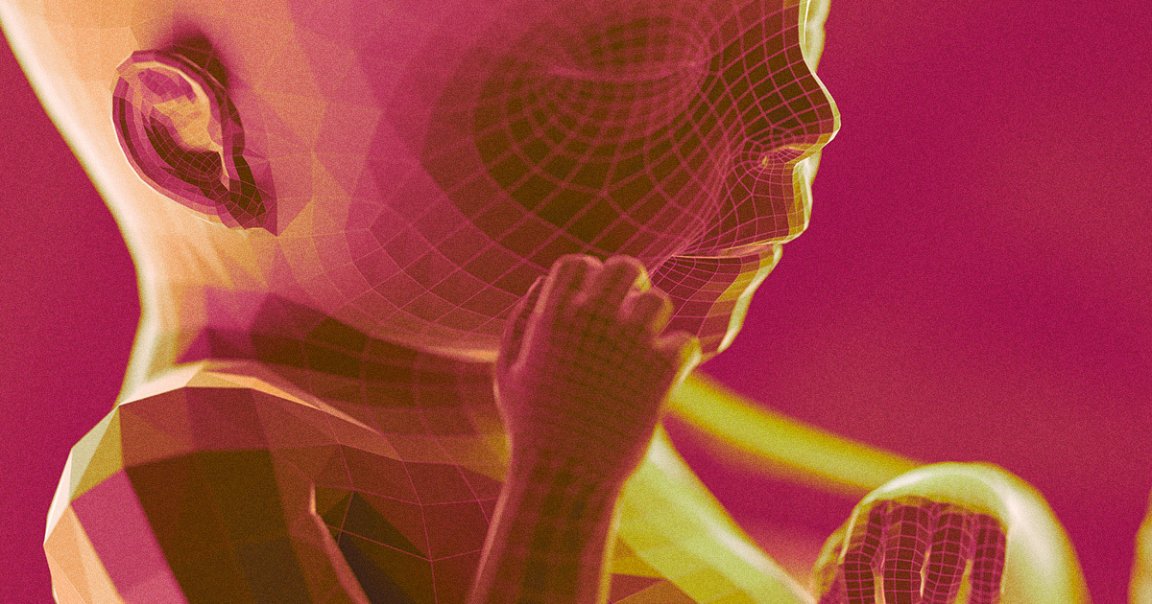
Scholarly Pursuits
A Chinese scholar has unveiled what he’s calling the world’s first AI child — and saying the creation could bring the technology into a new age.
As the South China Morning Post reports, visitors at the Frontiers of General Artificial Intelligence Technology Exhibition held in Beijing at the end of January were able to interact with the avatar representing Tong Tong, a virtual toddler whose name translates to “Little Girl” in English.
Created at the Beijing Institute for General Artificial Intelligence (BIGAI) — which, yes, are dedicated to building artificial general intelligence, or human-level AI — Tong Tong is the brainchild of Zhu Songchun, the institute’s computer scientist founder who specializes in “cognitive artificial intelligence,” or AI designed to mimic human cognition.
While AI avatars can have all kinds of simulated appearances and personalities, they say Tong Tong is designed to break new technical ground by not only executing tasks given to her in a virtual environment, but independently giving herself new tasks as well.
“Tong Tong possesses a mind and strives to understand the common sense taught by humans,” a Chinese-language video from BIGAI about the child sim says, per SCMP‘s translation. “She discerns right from wrong, expresses her attitudes in various situations, and has the power to shape the future.”
Deductive Reasoning
Beyond being a novelty for conference-goers, Tong Tong is slated to play a larger role in the future of AGI via BIGAI’s “Tong Test.”
Proposed last year as a sort of inverse and much more complex Turing Test, this nearly 150-question evaluation is meant to deduce the sophistication of an AI model. Its battery of assessments looks into five quantifiable dimensions — vision, language, cognition, emotion, and learning — as well as social and group values in an effort to determine how close to AGI a given model may be.
“For [AGI] to integrate seamlessly into human environments, it must learn and execute tasks in complex settings, driven by values and an understanding of causality,” Zhu was quoted as saying in a statement last year, per the SCMP. “This is why we proposed the Tong Test, a new direction for testing general AI, focusing on practical abilities and values.”
While that sounds a lot like the sort of AI optimism that gets clowned on in the US — where Zhu was educated and lived for decades before going back to China, in part to escape xenophobia — Tong Tong is nevertheless part and parcel of the scholar’s efforts to build AGI, and as her creator said at the Beijing conference last month, the data she helps gather may bring the world ever closer to that terrifying goal.
“To advance towards general artificial intelligence,” Zhu said, “we must create entities that can comprehend the real world and possess a wide range of skills.”
More on uncanny AI: FCC Moves to Make Robocalls With AI-Synthesized Voices Illegal